As a potent skincare ingredient, Retinol is a derivative of Vitamin A and comes from another family of compounds – Retinoids.
It is a medium-strength over-the-counter drug prescribed commonly to treat acne marks and minimize their appearance.
In recent years, Retinol has gained popularity for being an effective anti-acne treatment.
More so for being an active ingredient in serums, wrinkle creams, or moisturizers that help fight acne.
How Does It Work?
Retinol promotes cell turnover by working on the skin’s outermost layer by unclogging pores. It helps regulate oil production which in turn prevents increased breakouts.
Retinol is strongly effective due to its ability to get under your skin to treat acne formation. Excess sebum buildup can often lead to breakouts, and retinol penetrates the skin’s middle layer to stimulate collagen production.
This helps acne scars fade and prevents inflammation, healing the skin’s texture.
Treating Acne Woes
OTC retinol gels, serums, and creams contain a low-to-moderate dosage typically for sensitive skin. Dosage varies depending on any side effects with the use of this ingredient.
A few side effects of high-dosage retinol might be redness, dryness, or skin peeling.
On an important note, choosing products that have retinol in combination with other anti-acne ingredients (Niacinamide or Vitamin C ) can help achieve visible results.
Application
Use a gentle cleanser to wash your face. Pat dry.
Take a pea-sized amount to spread evenly over the face, letting it absorb into the skin’s layers.
Retinol can also increase sun sensitivity, and completing your skincare routine by applying a broad-spectrum SPF 30 can shield your skin from hyperpigmentation.
Additionally, a cool gel-based moisturizer will help combat any skin dryness or irritation caused by retinol.
Conclusion
For sensitive skin that’s dealing with a severe form of acne, it is best to consult a dermatologist before adding retinol to an anti-acne skincare routine.
Retinol helps to treat scarring and minimize the appearance of pores over time, but it can work in tandem with only a few skin types.







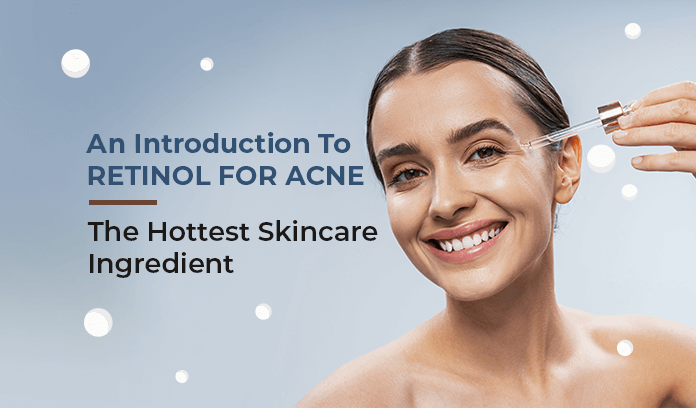
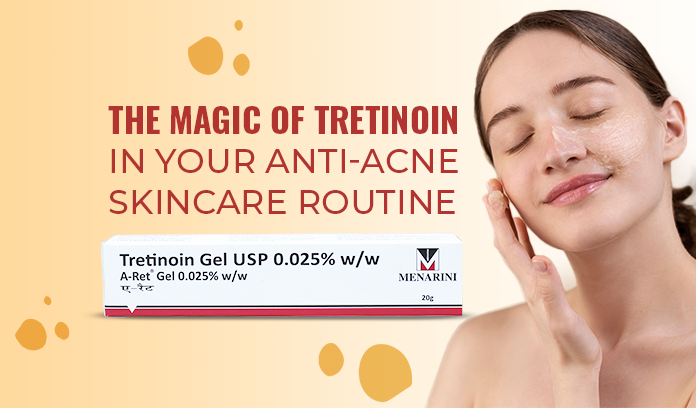
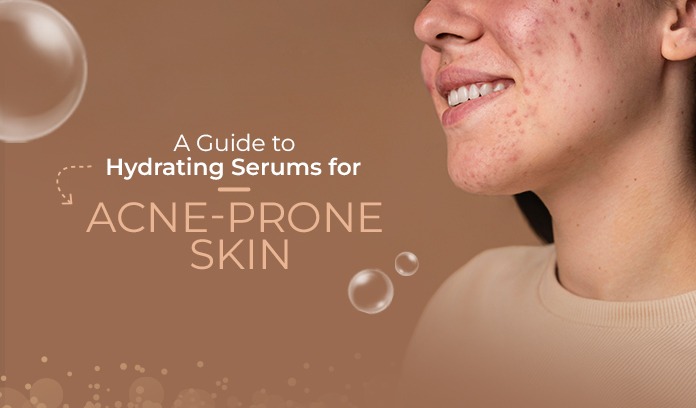
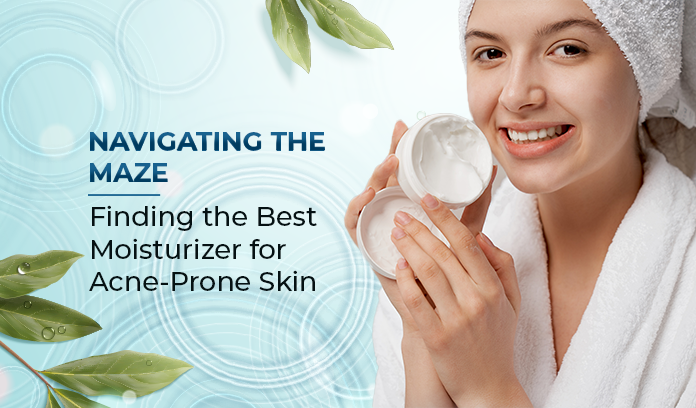
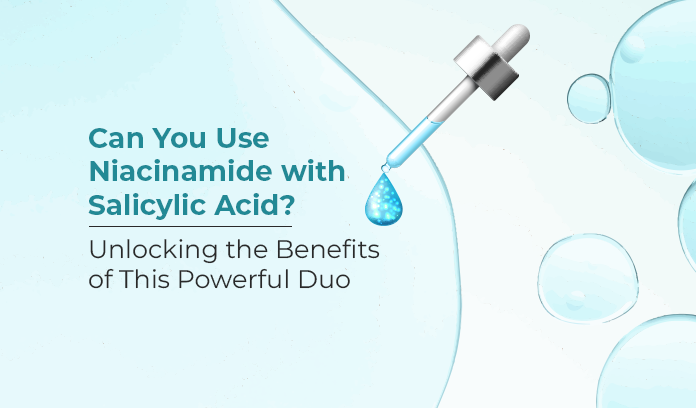
buying prescription drugs in mexico online: mexican pharmacy online – purple pharmacy mexico price list
buying prescription drugs in mexico online
https://cmqpharma.online/# mexican border pharmacies shipping to usa
reputable mexican pharmacies online
buying from online mexican pharmacy: mexican drugstore online – mexico pharmacy
https://indiapharmast.com/# india pharmacy mail order
mexican pharmacy [url=http://foruspharma.com/#]purple pharmacy mexico price list[/url] mexican mail order pharmacies
india online pharmacy: indian pharmacy paypal – top online pharmacy india
canadian pharmacies online: canadian pharmacy king reviews – vipps approved canadian online pharmacy
best canadian pharmacy to buy from: legit canadian pharmacy online – canadian family pharmacy
https://canadapharmast.online/# canadian pharmacy ed medications
top 10 pharmacies in india: indian pharmacy – online pharmacy india
top 10 online pharmacy in india: indianpharmacy com – pharmacy website india
reputable indian pharmacies: top 10 pharmacies in india – pharmacy website india
https://paxloviddelivery.pro/# paxlovid buy
paxlovid generic [url=http://paxloviddelivery.pro/#]paxlovid india[/url] paxlovid cost without insurance
https://ciprodelivery.pro/# ciprofloxacin generic
http://amoxildelivery.pro/# amoxicillin capsules 250mg
doxycycline hyclate 100mg [url=https://doxycyclinedelivery.pro/#]cheap doxycycline 100mg capsule[/url] doxycycline 300 mg daily
http://clomiddelivery.pro/# where to buy cheap clomid prices
https://ciprodelivery.pro/# purchase cipro
amoxicillin 500mg capsules antibiotic [url=http://amoxildelivery.pro/#]amoxicillin without a prescription[/url] amoxicillin 500mg no prescription
https://doxycyclinedelivery.pro/# 100 mg doxycycline
https://clomiddelivery.pro/# cost generic clomid without a prescription
doxycycline antibiotics [url=http://doxycyclinedelivery.pro/#]doxycycline cheap canada[/url] buy doxycycline online canada
https://ciprodelivery.pro/# buy generic ciprofloxacin
https://ciprodelivery.pro/# ciprofloxacin generic
https://ciprodelivery.pro/# buy cipro
amoxicillin 500 coupon [url=https://amoxildelivery.pro/#]where can you buy amoxicillin over the counter[/url] order amoxicillin online no prescription
http://clomiddelivery.pro/# can you get generic clomid without rx
https://ciprodelivery.pro/# buy generic ciprofloxacin
doxycycline hyclate [url=http://doxycyclinedelivery.pro/#]doxycycline 40 mg india[/url] doxycycline best price
http://amoxildelivery.pro/# can you purchase amoxicillin online
https://ciprodelivery.pro/# ciprofloxacin over the counter
paxlovid covid [url=http://paxloviddelivery.pro/#]buy paxlovid online[/url] paxlovid pharmacy
https://ciprodelivery.pro/# where can i buy cipro online
https://ciprodelivery.pro/# cipro ciprofloxacin
doxycycline 100mg price australia [url=http://doxycyclinedelivery.pro/#]doxycycline 40mg capsules[/url] order doxycycline
paxlovid generic: paxlovid price – paxlovid pharmacy